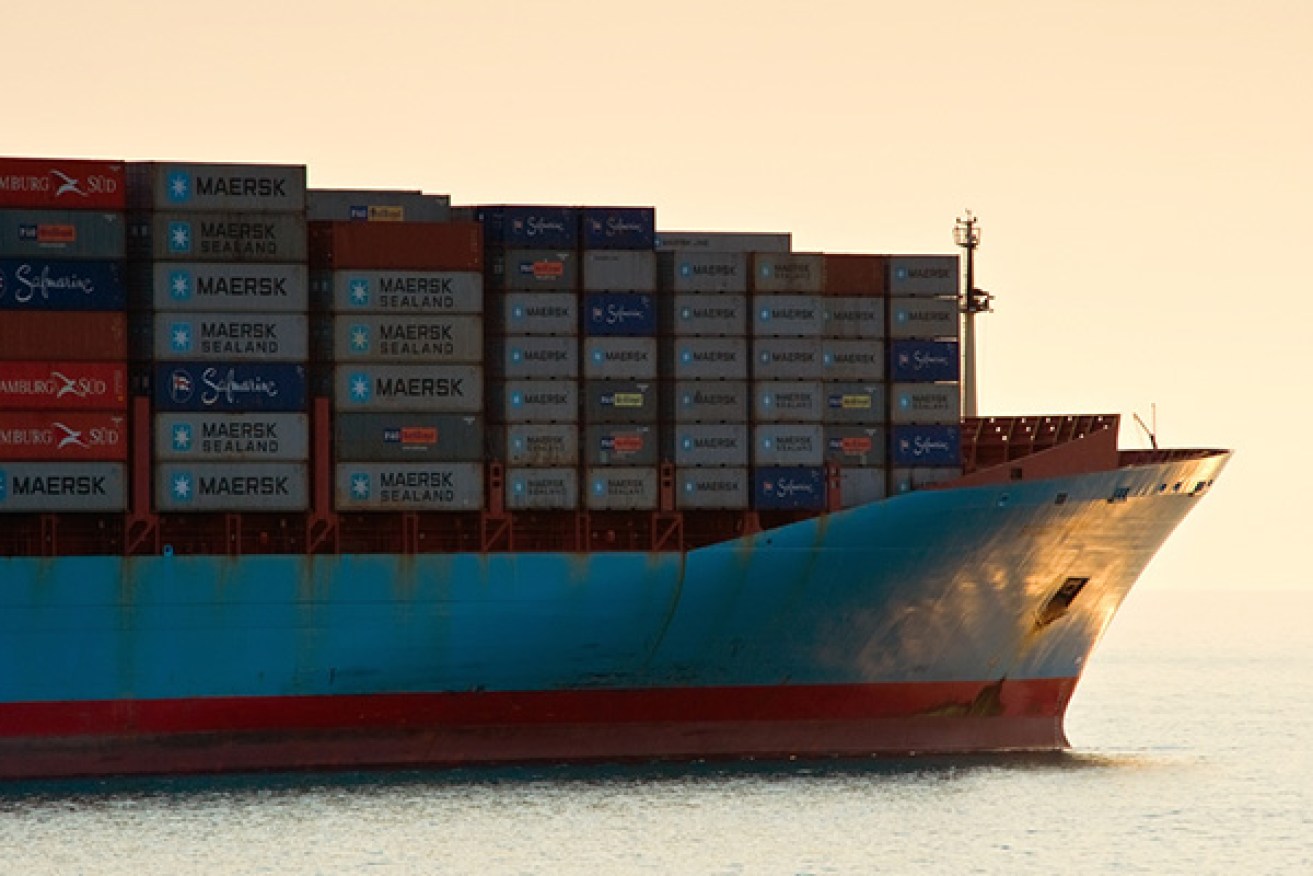Feeding the current account beast


Delving into spreadsheets that accompany the ABS National Accounts can be like wandering through a drafty labyrinth with a candle – the chance of missing or misreading something is high.
And so when I noticed that a year of Australian trade deficits was worth about $20 billion, and a year of net borrowings from abroad was worth about $45 billion, I ran the figures past economics professor Bill Mitchell of the University of Newcastle.
Mitchell confirmed what I’d suspected – that a lot of that borrowing was not related to our huge appetite for imported goods, but flowed straight into the housing sector. For the overseas investors that lend us that money, that means a fairly safe trickle of interest payments for the duration of the loan.
• Why your home loan could be about to rise sharply
• Should Bishop resign? We asked five Speakers
• A big squeeze for the mortgage market … finally
Those interest payments, as well as dividends and expatriated profits from companies operating in Australia, complicate the picture and make the trade deficit by itself a poor predictor of Australia’s prosperity, according to Mitchell.
The ‘current account’, which incorporates the balance of trade and the net income/interest payments flowing across national boundaries, is where the real action is.

The plunging price of Australia’s mineral exports is hurting the economy, and the consumer. Photo: Getty
The reason journalists at home and abroad are worried by the sudden widening of the trade deficit is straightforward – the prices paid for our key minerals exports have plunged, meaning that even if volumes of exports are strong, the value of exports is weak.
Thus the contribution to national income from these exports is less, meaning that we can afford to buy fewer lovely things from abroad – everything from iPhones to plumbing parts and luxury cars.
But there is, says Mitchell, a bigger story to tell. In essence, it is that foreign investors own a huge slice of our productive assets while Australians have borrowed to bid up the prices of less productive assets – particularly houses.
Mitchell writes in his latest blog post:
“… the story for Australia is the Current Account because of the high levels of foreign ownership and the net drain in income that occurs as a result of repaying debts and sending profits abroad”.
There is nothing new in that, of course. Australia has long been a net importer of capital for a very long time – meaning net outflows of profits to the owners of that capital. Without foreign equity stakes (particularly through the ASX), or loans, we would not have the capital to develop mineral resources, build tourist facilities, or create agricultural projects and so on.
The difficulty, though, is in being a small heavily indebted nation at a time when our key exports are worth a lot less than a few years ago. Continuing to run large current account deficits is undesirable, because unlike the giant deficit nations (the US being the exemplar) we don’t own enough offshore assets that can grow to offset the large debts we owe.

Look closer to home to find something to worry about.
That’s something of a vicious cycle – borrowing more to fund our lifestyles, but earning less from exports. Among other things, that squeezes the amount the private sector has to spend on domestic consumption – still by far the biggest source of economic activity.
And in this context, when declining profits in the resources sector have also hit government tax revenues hard, the very worst thing to do according to Mitchell, is to cut public spending.
Why? Because that is a pro-cyclical way to ensure that even more demand is stripped out of the domestic economy, leaving even weaker tax receipts and an even weaker economy to feed the current account beast.
Trade deficits aren’t irrelevant, but Mitchell is pointing to a bigger picture in which keeping the current account in check requires at least as much attention to be paid to the domestic economy as to exports.
Taking our eyes off domestic growth to focus too heavily on the ‘iron ore plunge’ horror stories will only leave us stuck in a labyrinth without a candle at all.








